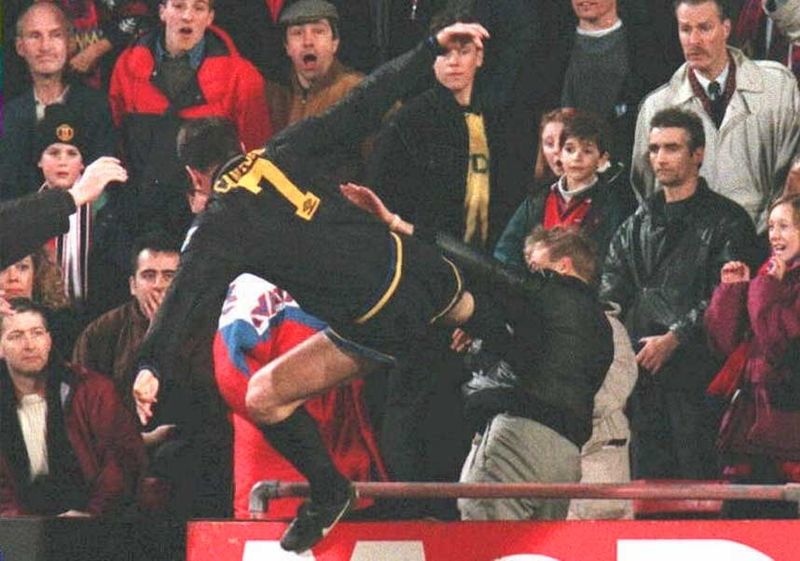I am not sure if he was a Nazi sympathiser but he definitely met Hitler & Ribbentrop in 1934 in an attempt to get Germany to take up test cricket. Many must have met Hitler without being a Nazi.
Fry apparently suffered a mental breakdown in the 20's which left him with severe paranoia and a fear of all things Indian, including his friend Prince Ranjitsinhji, his Sussex & England colleague.
It was rumoured he was offered the throne of Albania, and he is apparently a relation of Stephen Fry.
A review of his Biography provides an explaination -
More seriously, and not mentioned by Paul, is Fry's dalliance with Nazism. In the spring of 1934, when Hitler had been in power for a little over a year, Fry was invited to Germany to - of all things - advise the Germans on youth movements. Much of his time was spent with Baldur Von Schirach, commander of the Hitler Youth, and von Ribbentrop, later German Ambassador to Britain and then Foreign Minister. Both men were convicted of war crimes at Nuremburg, Ribbentrop being executed.
Fry claimed that he tried to persuade them to develop cricket in Germany to cement Anglo- German relations. It was he told them "A Nordic game." He had a brief meeting with Hitler, to whom, as he himself wrote he gave the Nazi salute, and by whom he was clearly very impressed. His autobiography shows uncritical acceptance of Hitler's views on the Treaty of Versailles and of the Nazi attitude toward the German Jewish population. This was early 1934, several years before the horrors of Krystal Knacht began the road to the Holocaust, but Fry was writing in 1939, by which time most of Hitler's other admirers in Britain had changed their tune. Fry though, who saw nothing amiss with the "recovery" of Austria in 1938, had not.
As far as is known Fry was never a member of a Fascist organisation, unlike one of his successors as England captain AER Gilligan, but he attended some of Sir Oswald Molesley's meetings, and his book, which appeared just after war had broken out, shows considerable sympathy for such ideas. While he admired the great Jesse Owens, his reference to him on a BBC broadcast in 1948 as "that ****** athlete", led to the programme being pulled. Fry, much annoyed, was unable to see what he had said that was wrong (Plus ca change?). Fry's book, in some views, nearly caused his internment for the duration. However it ran to two more war time impressions and one more in 1947, in none of which did he make any attempt o change his account of his meeting with Hitler or his views.
In 1953, less than three years before his death, he characteristically, produced a completely different version of what he had said and done in the presence of the Nazis. It bears no relation to his earlier accounts. He must, on this one, stand condemned by his own words, though he was probably more naive than Nazi.





